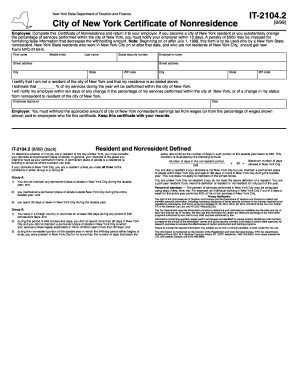

In accordance with British law, she must pay UK taxes on her UK income, but does not have to pay UK taxes on foreign income earned outside of the UK. Thus, she is not treated as an ordinary British tax resident. For example, British Chancellor Rishi Sunak’s wife, Akshata Murty, is an Indian citizen who has claimed non-dom status in the UK for UK tax purposes. Non-dom status is a centuries-old concept and is not unique to Puerto Rico recently non-doms in the United Kingdom have made headlines, as they do not have to pay UK tax on their earnings in other countries. The declaration of non-domicile is a legal document that you use to officially state that you no longer consider a certain state or territory your location of long-term residence. This is seen as effectively an indication that you will live in Puerto Rico on a long-term basis, allowing you to pay tax at a much lower level under Act 60. Your declaration of domicile as Puerto Rico, coupled with your non-dom status concerning your previous home, cements your Puerto Rican bona fide residency. This entails executing a declaration of domicile to change your domicile to Puerto Rico officially. To pass the closer connection test, you must move your entire life to the island. One of these is the closer connection test. This means you need to pass several tests. When moving to Puerto Rico to reap the benefits of the Act 60 program, you must prove to the IRS and the Puerto Rican government that you are a bona fide resident. It is the basis for determining which country, state or territory, and courts have the jurisdiction to adjudicate your lawsuits, probate wills, administer estates, and assess state income and death taxes. Your domicile is the address you declare to vote, bank, register vehicles, and pay taxes. The declaration of domicile involves significant legal consequences for an individual. Why Is the Declaration of Domicile Important? The document must be signed and submitted in the presence of witnesses, who must provide their signatures, and notarized by a public notary, commissioner of oaths, or solicitor.

The date you became a bona fide resident of the new territory.In the declaration of domicile, you have to specify the following: Your domicile is also necessarily your residence, but your residence may or may not be your domicile. This means that you can have more than one place of residence but only one domicile. A domicile is a home where you plan to live for an indefinite period. A residence is a temporary home in which you live for a prescribed period. The word “domicile” is often used interchangeably with “residence,” but they do not have the same meaning in legal terms. The declaration of domicile legally verifies your intention to remain at that place indefinitely. The declaration of domicile is a legal document that tells the government the location of your long-term home. The declaration of domicile and the declaration of non-domicile are two pieces of evidence that will help establish your bona fide residency. You’ll have to fulfill several conditions to become a bona fide resident. Suppose you decide to move to Puerto Rico to benefit from the tax advantages of the Act 60 program. You can’t avoid paying taxes entirely in Puerto Rico, but its tax incentives are very generous for qualified individuals and businesses. Puerto Rico has also become a top destination for those who aim to pay little or no tax. territory of Puerto Rico is a relatively easy process. Luckily, moving from the mainland to the U.S. Relocating to another country can be tedious and exhausting because of all the red tape.
#Puerto rico declaration form how to
How to Establish Bona Fide Residency in Puerto RicoĪ Few Steps to Paradise Moving to Puerto Rico Why Is the Declaration of Non-Domicile Important?.What Is the Declaration of Non-Domicile?.Why Is the Declaration of Domicile Important?.Moving to Puerto Rico Declaration of Domicile


 0 kommentar(er)
0 kommentar(er)
